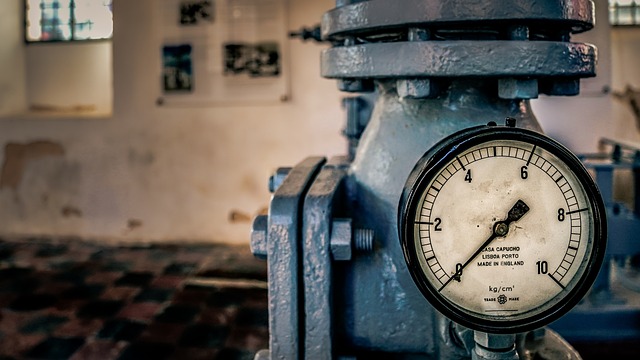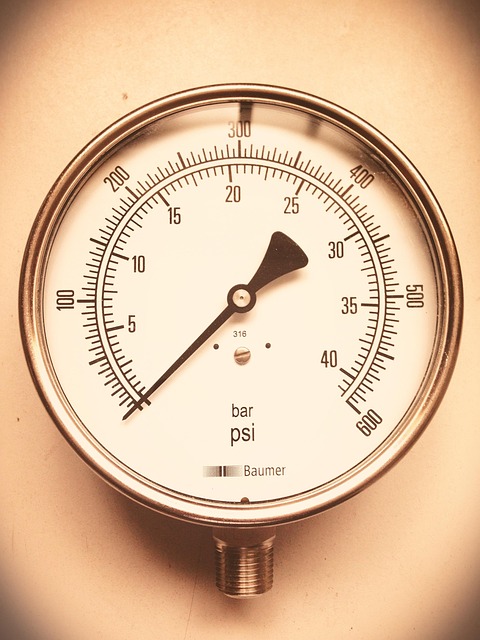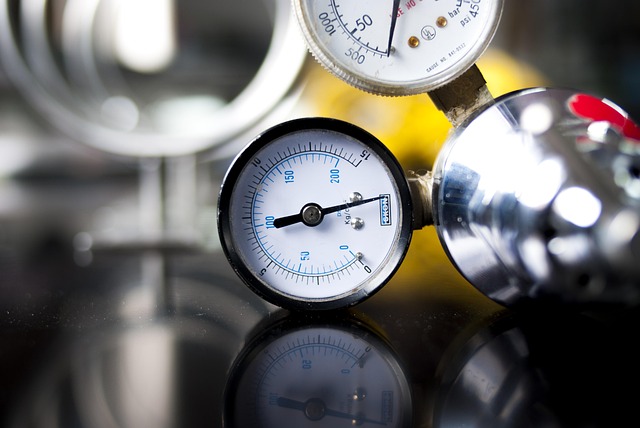Excessive steam generation, inadequate safety valve maintenance, insufficient condensate removal, leakage, and poor maintenance practices are leading causes of boiler overpressure, peaking during high demand periods and varying with seasonal temperature changes. Regular inspections, consistent steam production strategies, proper safety valve maintenance, prompt addressing of blocked condensate pipes, and identifying leaks are crucial for prevention, ensuring optimal heating performance, comfort, and safety throughout seasonal changes.
Boiler overpressure is a serious issue, potentially leading to costly damage and safety hazards. In this article, we uncover the top 5 causes behind this critical boiler pressure problem. From excessive steam generation to inadequate safety valves, insufficient condensate removal, leakage in the system, and poor maintenance practices, each factor plays a significant role. Understanding these root causes is essential for professionals aiming to prevent and mitigate potential risks associated with boiler pressure issues.
- Excessive Steam Generation
- Inadequate Safety Valves
- Insufficient Condensate Removal
- Leakage in Boiler System
- Poor Maintenance Practices
Excessive Steam Generation

One of the primary contributors to boiler overpressure is excessive steam generation within the system. This can occur due to various factors such as inefficient fuel combustion, inadequate air supply, or faulty heating elements. When too much steam is produced, it expands rapidly inside the boiler, leading to a sudden increase in pressure. This condition often arises during peak demand periods when multiple processes or systems require heat simultaneously, straining the boiler’s capacity and potentially causing overpressure.
Proper maintenance, including regular checks and adjustments, can help prevent this boiler pressure problem. Maintaining boiler pressure during seasonal changes is crucial, as varying outdoor temperatures affect heating demands. Preventing low boiler pressure in commercial settings involves implementing strategies to ensure consistent steam production and circulation. Knowing the boiler pressure reset instructions is also vital for addressing sudden pressure fluctuations effectively.
Inadequate Safety Valves

Inadequate or malfunctioning safety valves are one of the primary causes of boiler overpressure. Safety valves act as crucial fail-safe mechanisms, releasing excess pressure from the system to prevent damage and potential hazards. When these valves are not properly maintained, blocked, or faulty, they may fail to open correctly when pressure builds up, leading to a dangerous increase in boiler pressure. This can result in serious consequences, including damage to the boiler itself, as well as nearby equipment and structures.
Regular inspection and maintenance of safety valves are essential to ensure their reliable operation. Over time, sediment buildup or wear and tear can impair their functionality, making it important to check for proper clearance and adjustment. Knowing how to increase boiler pressure safely involves understanding that while high pressure vs low pressure boilers have different operating ranges, fixing low boiler pressure without a professional should be approached with caution. Attempting to modify or bypass safety features can compromise system integrity, posing potential risks to users and surroundings.
Insufficient Condensate Removal

One of the leading causes of boiler overpressure is insufficient condensate removal. Boilers naturally produce condensate as a byproduct of burning fuel, and when this condensate isn’t effectively removed, it can lead to an increase in internal pressure. This happens because the accumulated condensate prevents steam from escaping, causing a buildup that ultimately results in overpressure.
If left unaddressed, this boiler pressure problem can lead to serious safety hazards. For instance, an emergency plumber Bromsgrove might be needed to fix sudden drops in boiler pressure caused by blocked or clogged condensate pipes. Regular maintenance and checking of the system can help prevent these issues, including learning how to increase boiler pressure safely if it starts dropping unexpectedly.
Leakage in Boiler System

Leakage within a boiler system is one of the primary causes leading to overpressure. Even tiny leaks in gaskets, valves, or seals can result in significant pressure buildup over time. This is because water continues to enter the system while it escapes slowly through these leaks, causing an imbalance that drives up boiler pressure. Regular maintenance and inspections are crucial to identifying and fixing such issues before they escalate into major boiler pressure problems, especially in old systems prone to developing leakages due to wear and tear.
In addition to the impact on pressure, leakage also affects the overall efficiency of the boiler. Water losses reduce the heat transfer rate, leading to lower heating performance and potentially higher energy costs. Maintaining proper boiler pressure during seasonal changes is essential for optimal performance and safety. When pressure drops due to leaks or other factors, it can result in why is my boiler pressure low scenarios that require prompt attention to avoid malfunctions or damage to the system.
Poor Maintenance Practices

Poor maintenance practices are one of the primary causes leading to boiler overpressure. Boilers require regular attention and servicing to ensure they operate efficiently and safely. Neglecting routine checks and maintenance can result in serious issues, especially concerning pressure regulation. When a boiler’s pressure relief valve is not calibrated or cleaned as per manufacturer recommendations, it can cause the system to malfunction. Over time, debris and sediment buildup inside the boiler can restrict water flow, leading to increased pressure and potential damage.
Additionally, low boiler pressure, often overlooked as a minor inconvenience, can have severe implications. It may indicate problems with heating elements, water supply, or pressure-regulating components. Ignoring such signs could lead to reduced heating efficiency and even potential health hazards associated with low boiler pressure, such as scalding hot water or inadequate heating in the home. Adjusting boiler pressure for optimal heat performance is crucial, ensuring both comfort and safety for household occupants.
Boiler overpressure can lead to serious safety hazards and system damage. By identifying and addressing the top 5 causes—excessive steam generation, inadequate safety valves, insufficient condensate removal, leakage in the boiler system, and poor maintenance practices—property owners and managers can significantly reduce the risk of boiler pressure problems. Regular inspection and proactive maintenance are key to ensuring optimal performance and safety for your boiler system.
